 To help and support our clients we are providing a limited number of 250 daily discount codes. Hurry, first come, first served!
To help and support our clients we are providing a limited number of 250 daily discount codes. Hurry, first come, first served!
Agile Training FAQs

Why we're the go to training provider for you

Best price in the industry
You won't find better value in the marketplace. If you do find a lower price, we will beat it.

Trusted & Approved
We are accredited by PeopleCert on behalf of AXELOS

Many delivery methods
Flexible delivery methods are available depending on your learning style.

High quality resources
Resources are included for a comprehensive learning experience.




"Really good course and well organised. Trainer was great with a sense of humour - his experience allowed a free flowing course, structured to help you gain as much information & relevant experience whilst helping prepare you for the exam"
Joshua Davies, Thames Water



Looking for more information on Agile Training
 Who is Agile for?
Who is Agile for? History of Agile
History of Agile Benefits of Agile
Benefits of Agile Agile Case Studies
Agile Case Studies Agile Methodologies
Agile Methodologies Agile Courses
Agile Courses Agile Examinations
Agile Examinations How to book an Agile course
How to book an Agile course How to pass your Agile course
How to pass your Agile course What if I fail my Agile course?
What if I fail my Agile course? When will I receive my Agile exam results?
When will I receive my Agile exam results? What organisations use Agile?
What organisations use Agile? What sectors use Agile?
What sectors use Agile? Agile Job Roles
Agile Job Roles How to add your Agile certification to your CV
How to add your Agile certification to your CV How to add your Agile certification onto your LinkedIn profile
How to add your Agile certification onto your LinkedIn profile






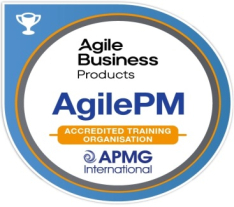



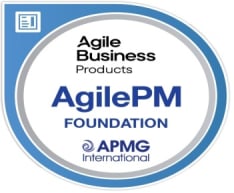
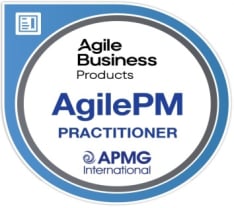
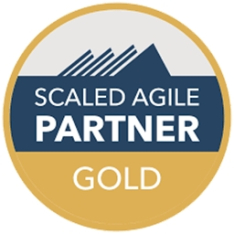

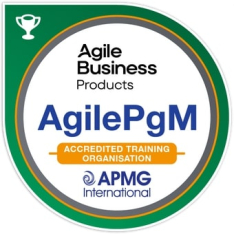

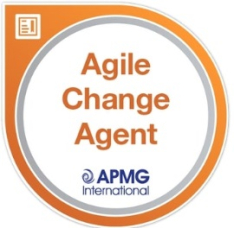


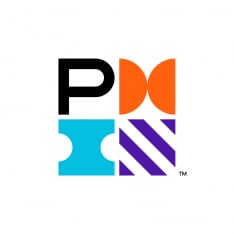




 If you wish to make any changes to your course, please
If you wish to make any changes to your course, please


